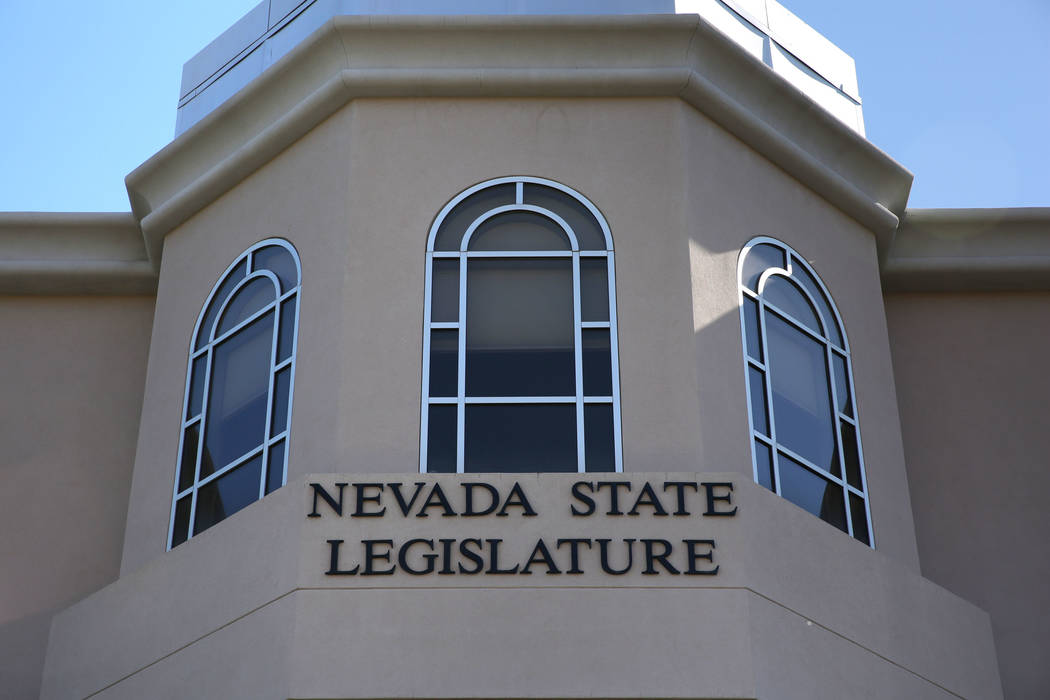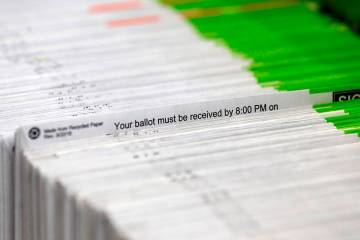EDITORIAL: Nevada occupational licensing boards and accountability
Nevada Democrats have an iron grip on the Legislature, but perhaps one area on which they can find common ground with Republicans during the 2019 session is occupational licensing reform.
Too many jobs in Nevada require permission from the government. Few people would argue that doctors or pilots don’t need some form of licensing. But the regulatory tentacles also extend to scores of low- and moderate-income professions such as landscapers, massage therapists, interior decorators and hair-braiders.
Needless licensing burdens inhibit competition and often prevent those at the low end of the wage scale from finding gainful employment. Many of these provisions are simply protectionism masquerading as consumer protection.
But there are reasons beyond the economic issues why this issue merits legislative attention: Many of these boards in Nevada apparently believe they answer to no one.
Last month, the state attorney general’s office issued a 10-page opinion that occupational licensing panels, unless specifically authorized to do so by lawmakers, are prohibited from paying their directors and legal counsel more than 95 percent of the governor’s salary.
The opinion came after an audit released in June found that a number of boards — including those overseeing pharmacists, doctors, accountants and contractors — were paying salaries that exceeded the $141,867 that the governor currently earns each year. The salary limitation is set out in Nevada statute, but some boards argued the law was ambiguous.
The audit also found that more than three-quarters of the boards that entered professional services contracts in the past four years had failed to get the required permission from the state Board of Examiners.
Outgoing Gov. Brian Sandoval commented at the time that he felt many of the boards operated as if they were independent of the executive branch, even though the governor has the power to make most appointments. The attorney general’s office opinion helps in that area, stating the governor has the authority to ensure the boards comply with the salary restrictions.
The opinion is not legally binding, which means it could be challenged in court. That’s another reason lawmakers should clarify the statutes to ensure these boards have no wiggle room to flout the law and to operate absent accountability. And while they’re at it, lawmakers should re-examine the need for many of the regulations that gave birth to these occupational licensing commissions in the first place.




























